In Over 2 Weeks Since The Haiti Earthquake, This E.R. Doctor Hasn’t Been Home
Enlarge this image
Dr. Antoine Titus, talks to a walk-up patient at Hospital Immaculée Conception where he was made chief physician the day of the 7.2 magnitude earthquake a couple weeks ago in Les Cayes, Haiti.
Octavio Jones for NPR
hide caption
toggle caption
Octavio Jones for NPR
World
The U.S. Is Pledging Aid To Haiti But The Success Of Past Efforts Has Been Mixed
What should have been an ordinary Saturday at the E.R. instead became a day he cannot forget. For what seemed like 10 minutes, Titus watched the earth shake and homes collapse, as his neighbors — the ones who survived, at least — prayed and cried.
«After that, immediately, I put my clothes on, cleaned my teeth, washed my face and came to the hospital, he said.
He hasn’t slept at home since.
The 7.2-magnitude earthquake that struck Haiti’s southern peninsula buckled cinder block walls and sent heavy cement floors collapsing atop one another like grim stacks of pancakes, crushing arms, legs and entire bodies.
Enlarge this image
People in Les Cayes, Haiti are continuing their daily life where it was badly damage from the 7.2 magnitude earthquake.
Octavio Jones for NPR
hide caption
toggle caption
Octavio Jones for NPR
Enlarge this image
Dr. Maddie Ross and Dr. Heidi Haavik of Team Rubicon wraps a cast for Kendy Cazeau, 14. He sustained a broken leg in earthquake at the Hospital Immaculée Conception, in Les Cayes, Haiti.
Octavio Jones for NPR
hide caption
toggle caption
Octavio Jones for NPR
Environment
Why Earthquakes In Haiti Are So Catastrophic
«There’s a big difference, because right now I can talk with you. And I’m not sweating, he said with a laugh.
He’s thankful for the help of the aid groups, who arrived several days after the earthquake.
Enlarge this image
A health care worker from Team Rubicon wraps a sling around John Sanozier for injuring his shoulder.
Octavio Jones for NPR
hide caption
toggle caption
Octavio Jones for NPR
Enlarge this image
Dr. Antoine Titus, poses for a photo at the Hospital Immaculée Conception where he was made chief physician the day of the 7.2 magnitude earthquake.
Octavio Jones for NPR
hide caption
toggle caption
Octavio Jones for NPR
Kendy Cazeau, 14, prepares to go home after getting a cast for his broken leg.
Octavio Jones for NPR
hide caption
toggle caption
Octavio Jones for NPR
When Titus first learned that aid groups would be arriving to help, he said he worried about how they might interact with him — especially given that the American-based crews are mostly white, and he is not.
«I was like, I’m a Haitian. Are they gonna act like —, he said, hesitating, before adding: «Because I’m Black, and all that? No. They are family.
Now that the acute medical needs have waned, one aid group has already left, he said. Team Rubicon is preparing to pull out in the next few days.
The long-term picture is filled with challenges
Unresolved are questions about the hospital’s longer-term needs. Its two main buildings, both multiple stories tall, have cracked walls, making them unsafe to use. Hospital staff are using them for administrative purposes, but no patients can stay inside. Titus said structural engineers from international aid groups came out to survey the damage, but there’s no word on when repairs might be made.
Other medical facilities in Les Cayes are damaged or entirely out of commission, including the Lix medical clinic, where the ceiling of the second story collapsed entirely onto the floor.
Enlarge this image
Dr. Antoine Titus talks with his staff at the Hospital Immaculée Conception.
Octavio Jones for NPR
hide caption
toggle caption
Octavio Jones for NPR
Latin America
Almost 2 Weeks After The Quake, Aid Is Just Getting To Some Remote Towns In Haiti
In Haiti, there are about 25 doctors and 11 nurses for every 100,000 residents, according to the World Bank. By comparison, the U.S. has roughly 10 times the number of doctors and 20 times the number of nurses. And doctors are often lured from Haiti’s public health system to higher-paying jobs with international aid groups or abroad.
Titus said he feels the pull. He wants to open his own emergency healthcare facility. Before this month’s earthquake, he had committed to leaving Les Cayes for a three-year residency program at a prestigious hospital in Haiti to continue his training in emergency medicine.
Enlarge this image
A woman walks in the Hospital Immaculée Conception with her baby where they are still treating those who sustained injuries.
Octavio Jones for NPR
hide caption
toggle caption
Octavio Jones for NPR
A woman walks in the Hospital Immaculée Conception with her baby where they are still treating those who sustained injuries.
Octavio Jones for NPR
But he insisted he will open that facility here in Haiti.
«I want to do that for the country. There are so many people that are leaving the country, he said. «I have a brain that has so [much] in it – I have to give them to my people. I have to help them.
- Doctors Without Borders
- Earthquake
- Haiti
Обсудим?
Смотрите также:

